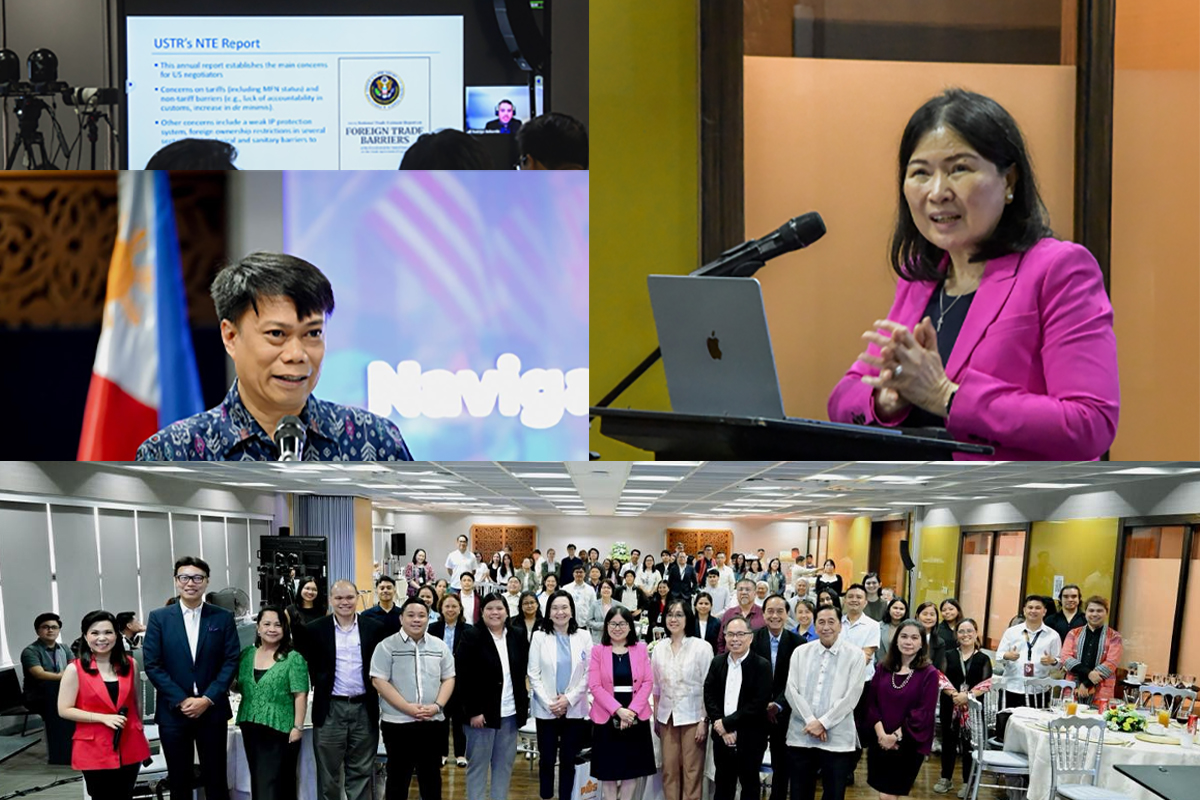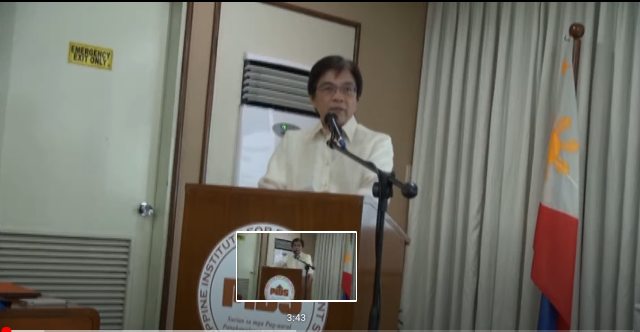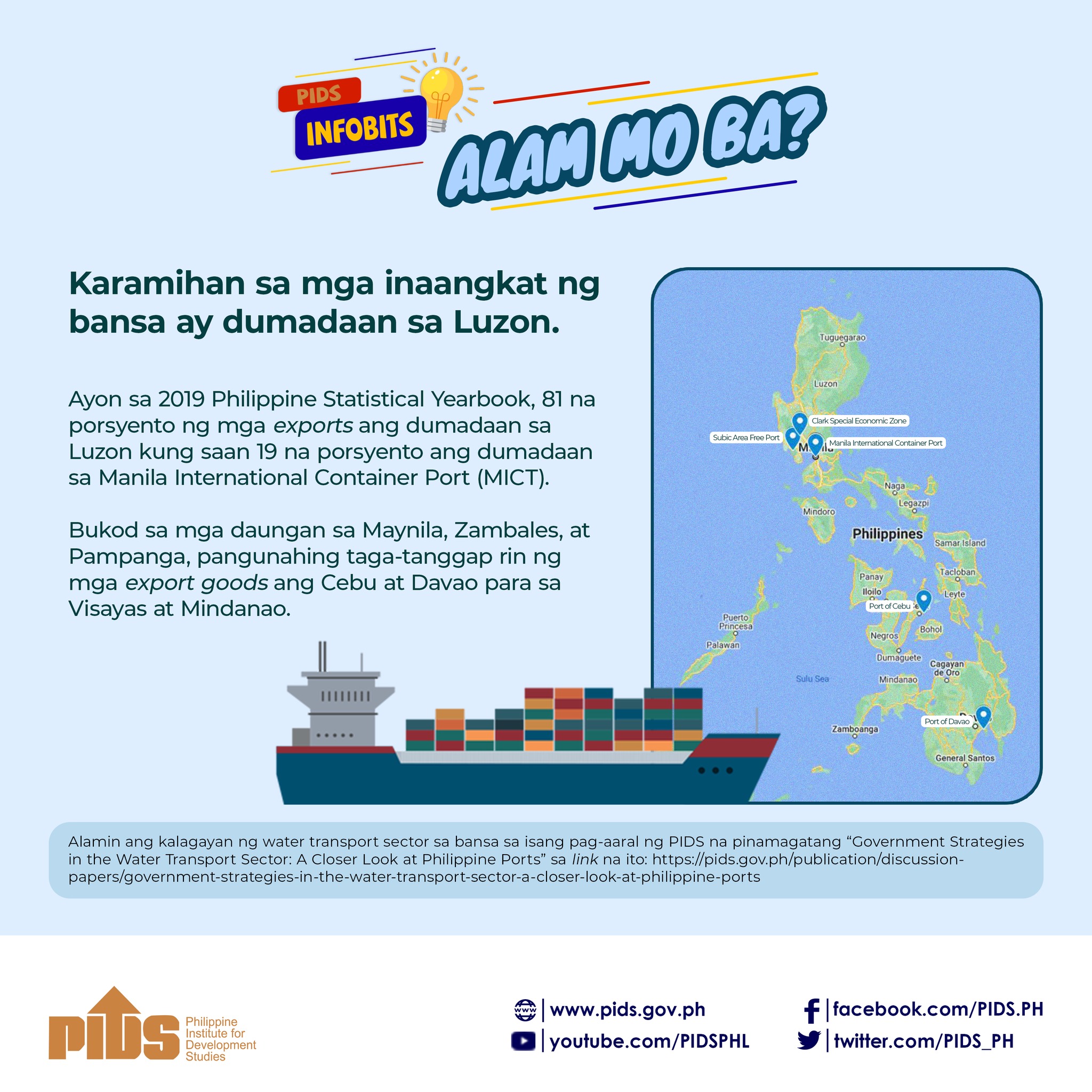The Senate foreign relations committee goes into a technical working group (TWG) phase to clarify controversial provisions of the Regional Comprehensive Economic Partnership to merit Senate ratification of the international agreement.
This phase is needed so that a more acceptable wording and compromises in the agreement would have a good chance of being ratified by the 24-member Senate.
Senator Imee Marcos, chairwoman of the Senate foreign relations committee, said the decision during the last days of the18th Congress and the Duterte administration was not put the agreement to a vote because it would have been voted down.
She said she was then determined not to vote for ratification because it would have been embarrassing.
The chairman of the Senate foreign relations committee then was Senator Aquilino “Koko” Pimentel III, now the Senate Minority Leader.
There were objections from the agriculture sector and other stakeholders against the RCEP.
“We simply can’t drum up enough votes until the issues are addressed,” Marcos said.
During his state visit to Indonesia, President Marcos and Indonesian President Joko Widodo talked about the RCEP which had come Into force on Jan. 1, 2022.
There are six Association of Southeast Asian Nations (ASEAN) member states – Brunei Darussalam, Cambodia, Lao FDR, Singapore, Thailand and Vietnam. Its five trading partners are Australia, China, Japan, Korea and New Zealand.
During her Senate committee reorganizational meeting today Department of Foreign Affairs (DFA) Secretary Enrique A. Manalo said Indonesia signed the RCEP agreement last week, leaving the Philippines the only country that has not ratified it.
Manalo said any amendment to the RCEP, after its ratification, could only be done by the parties. The Philippines is not yet a party to the agreement, he added.
Oppositors are against the RCEP because of their fear of liberalization, lack of consultations and lack of safety nets such as what would they do in case of a surge in importations.
Marcos said the weakness of the Philippine agricultural sector is its failure to mechanize.
Manalo said his department would submit its recommendations to the TWG in five working days.
Marcos asked the Department of Agriculture (DA) and Department of Trade and Industry (DTI) to help in crafting an acceptable RCEP draft.
Encompassing 15 nations and2.2 billion people, the trade partnership offers broad economic and societal benefits that go beyond imports and exports.
RCEP economies account for 29 percent of global gross domestic product.
One study noted that the real income increase for the world from the trade pact will amount to $186 billion by 2030.
Many economists and international organisations have defended the value and importance of the RCEP to the Philippines and to the region.
Dr. Francis Quimba of the Philippine Institute for Development Studies (PIDS), said non-participation to RCEP would cause the Philippines to miss out on this opportunity to facilitate the much-needed economic growth and recovery.
He said delayed or non-participation to RCEP would lead to a 0.26 percent decline in real gross domestic product (GDP) of the Philippines.
A study released by the Asian Development Bank (ADB) recognized that RCEO has a strong potential to mold regional trade and investment patterns well into the future and to influence the direction of global economic cooperation at a challenging time.










